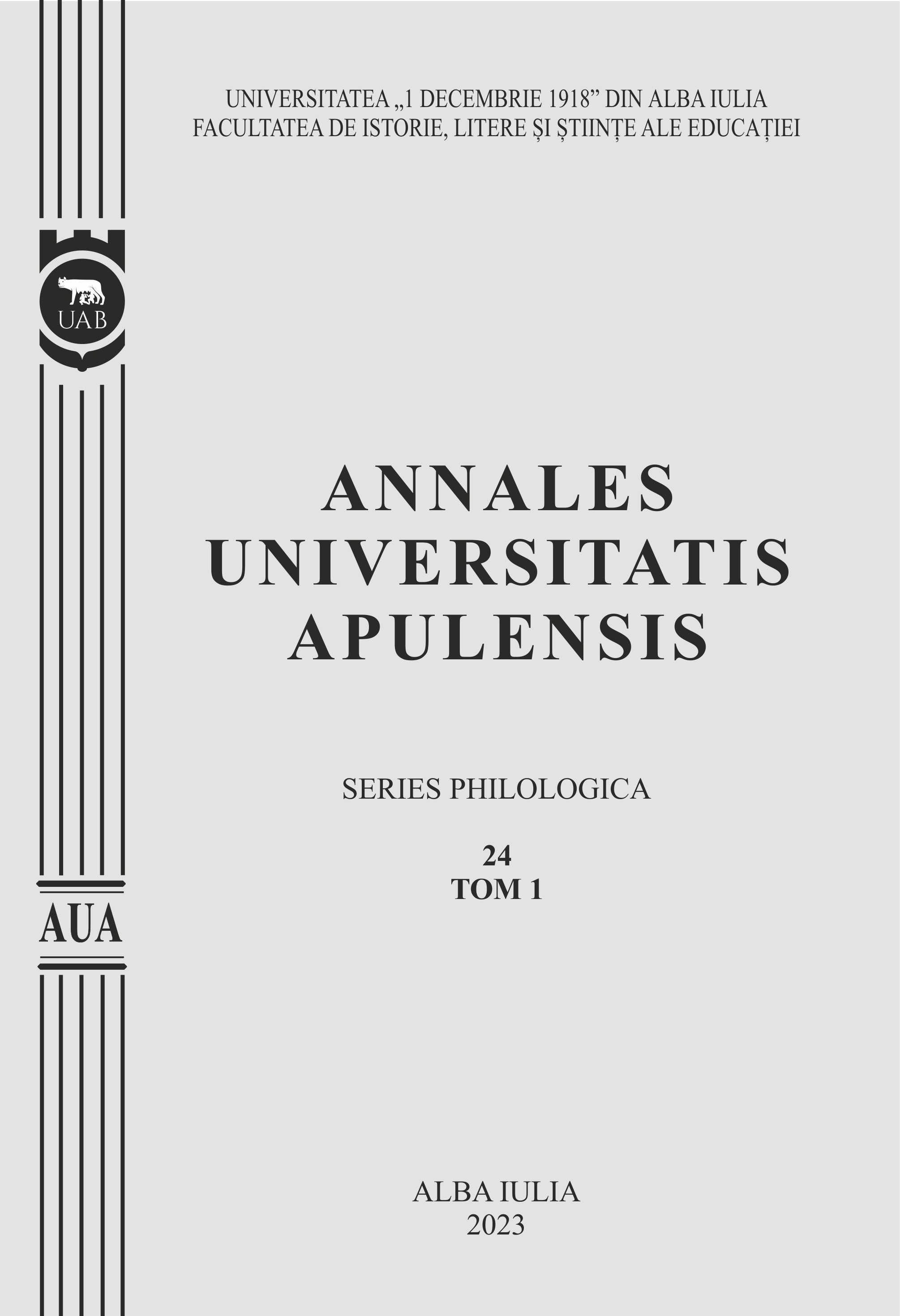SPECIFICUL EVALUĂRII ÎN ACTIVITATEA DE MENTORAT
THE CHARACTERISTICS OF EVALUATION WITHIN THE MENTORING ACTIVITY
Author(s): Liana TăușanSubject(s): Social Sciences, Education, School education, Higher Education , Educational Psychology
Published by: Universitatea »1 Decembrie 1918« Alba Iulia
Keywords: teacher mentoring; teacher training; professional induction; assessment; evaluation methods
Summary/Abstract: Teacher mentoring is a supportive relationship for learning, training, and personal development between a teacher with a wealth of professional expertise and a trainee, usually a beginning teacher, in which the teacher intentionally shares their knowledge and experience with the trainee, helping the latter to develop their professional knowledge. Mentors in the educational field are professionals who advise a person with less experience or at the beginning of their teaching career; they offer informed opinions about the profession and share their experiences and knowledge, thus facilitating the induction of the beginning teachers or those in the process of training and the fulfillment of their potential. Pedagogical practice mentoring was introduced in the legislative provisions long before the professional induction mentoring was added and is aimed at training students from vocational high schools with a pedagogical profile or students opting for the psycho-pedagogical training program in order to certify their skills for the teaching profession. The professional induction mentoring was stipulated and regulated in the Romanian education system by the new National Education Law (2011). In the National Education Law No. 1/2011, the practical internship is stipulated as part of the initial training: each beginning teacher must carry out a practical internship lasting one school year, in an educational institution, under the coordination of a mentor teacher. We note that the National Education Law No. 1/2011 provides for the position of a mentor teacher in educational institutions to ensure the initial training and professional induction of teaching staff. The mentor is the person who exercises roles regarding the facilitation of the professional induction of beginners. The concept of professional induction defines the process of integrating a beginner into an organizational, professional environment. When it comes to the evaluation within the mentoring activity—which takes place on two levels, namely evaluating the mentee and evaluating the mentor—one should find the implementation of the directions for improving the evaluation, as well as the characteristics of a modern assessment, as specified in the specialized literature. Within the teacher mentoring activity, the initial assessment aims at obtaining information about the training needs of the mentees and the knowledge, abilities, and methodological and didactic competencies of these teachers. From the perspective of the mentoring activity, the formative assessment aims at identifying and facilitating the development of the mentees, as well as their active involvement in the act of evaluation and developing their ability for self-assessment. The formative self-assessment—l'évaluation formatrice—aims at ensuring that the mentees are aware of the objectives of the practical internship/mentoring process and that they internalize these and develop the ability to self-regulate their own training process. From the perspective of the mentoring activity, the aims of the summative evaluation intend to highlight the progress made by the mentee during the mentoring process/internship and to identify the quality of the mentor's activity. Among the methods and tools most frequently used in evaluating mentoring activities, we mention the systematic observation of behavior, the questionnaire, the assessment interview, the portfolio, and the reflective journal.
Journal: Annales Universitatis Apulensis. Series Philologica
- Issue Year: 24/2023
- Issue No: 1
- Page Range: 407-420
- Page Count: 10
- Language: Romanian

